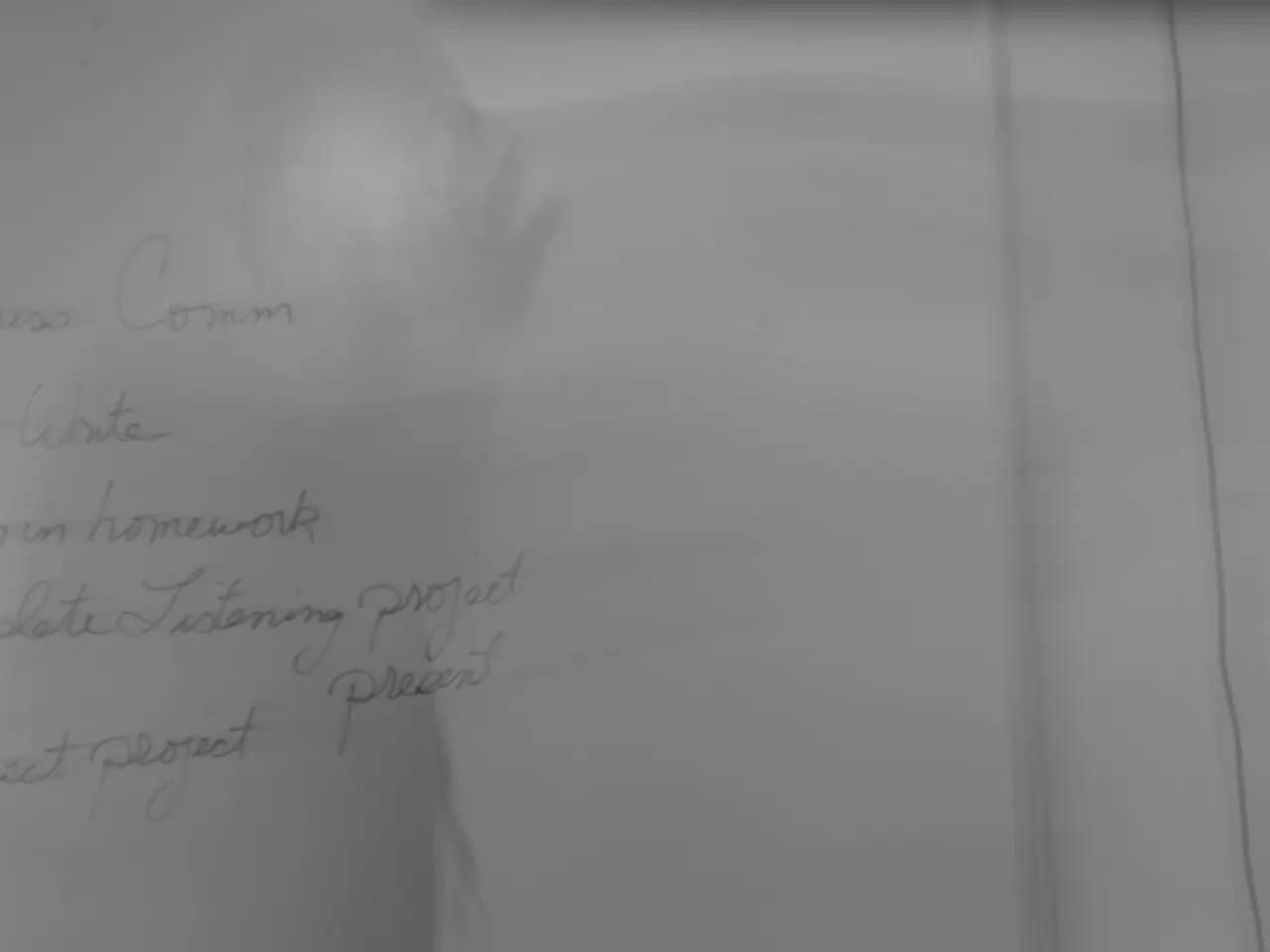Proposal sought for worker safety against ionising radiation hazards, Commission tasked to draft related directive.
The CDU/CSU, in collaboration with the Association of Medium-Sized Businesses and Entrepreneurs (MIT), has unveiled an election program aimed at fostering economic growth and structural reforms in Germany.
The program, supported by MIT Solingen, emphasises several key policies designed to stimulate industrial competitiveness, promote fiscal pragmatism, and support the capacity of medium-sized enterprises to innovate and grow within Germany’s economic framework.
Tax Cuts and Incentives
The CDU/CSU proposes phased corporate tax reductions starting in 2028, with a special depreciation allowance of 30% for equipment investments during 2025–2027, particularly in energy-intensive sectors like automotive and chemicals.
Infrastructure Investment
The coalition plans substantial infrastructure upgrades, supported by a constitutional reform allowing up to 500 billion euros in new debt over 12 years dedicated to infrastructure and climate investments. This aims to modernize Germany’s industrial base and overall economic environment.
Bureaucracy Reduction
Streamlining administrative procedures to ease the regulatory burden on medium-sized businesses, thereby enhancing entrepreneurial flexibility and operational efficiency, is also a key focus.
Trade Policy
The CDU/CSU supports EU trade agreements with regions like Mercosur, Mexico, and ASEAN to open markets. However, they also plan to implement stricter foreign investment controls in critical infrastructure for national security reasons.
Structural Reforms
The CDU/CSU emphasises pragmatic economic reforms balancing growth with national security, while facing challenges such as political fragmentation and labor market dynamics caused partly by rising populism.
In addition to these measures, the CDU/CSU aims to reduce debts and relieve citizens and businesses from financial burdens by reducing electricity taxes and network charges, income and corporate taxes, social security contributions, energy prices, and bureaucracy.
Gerlinde Steingruber, Chairwoman of MIT Solingen, has stated that the Union aims to make performance in Germany profitable again. The Union stands for excellent competitive conditions for all businesses in Germany, not for subsidies for a few.
The CDU/CSU also proposes regular adjustment of the income tax scale and the replacement of the citizen's income with a new policy of "demand and promote" in the new basic security. Furthermore, they aim to abolish the remaining solidarity surcharge and the supply chain law and heating law.
The CDU/CSU proposes that the state should make do with the money it has, instead of continually taking on new debts. This approach, if implemented, could lead to a more financially stable Germany and a more competitive business environment.
[1] Source: CDU/CSU Election Program 2021 [3] Source: MIT Press Release, "CDU/CSU Election Program Supports Medium-Sized Enterprises and Entrepreneurship"
The CDU/CSU's election program, as outlined in the 2021 program, includes policies in policy-and-legislation such as tax cuts and incentives, infrastructure investment, bureaucracy reduction, trade policy, structural reforms, and fiscal measures to reduce debts and financial burdens for citizens and businesses.
Additionally, the CDU/CSU aims to implement stricter foreign investment controls in critical infrastructure, as part of their efforts to address national security concerns and promote political stability in the country's economic framework, which falls under the category of general-news.







